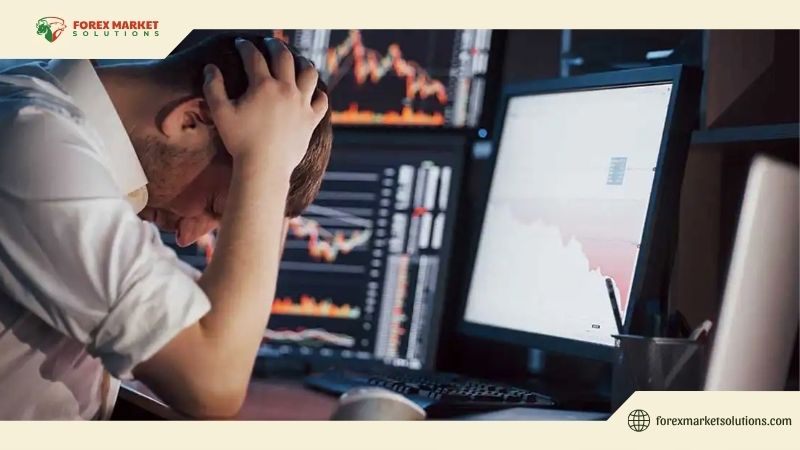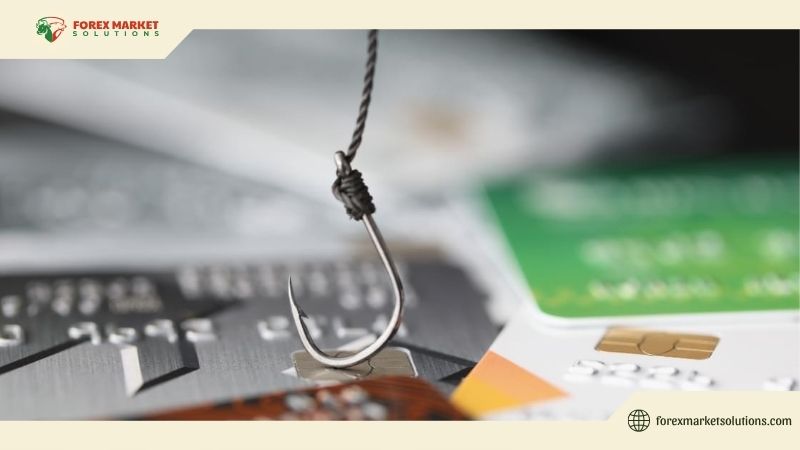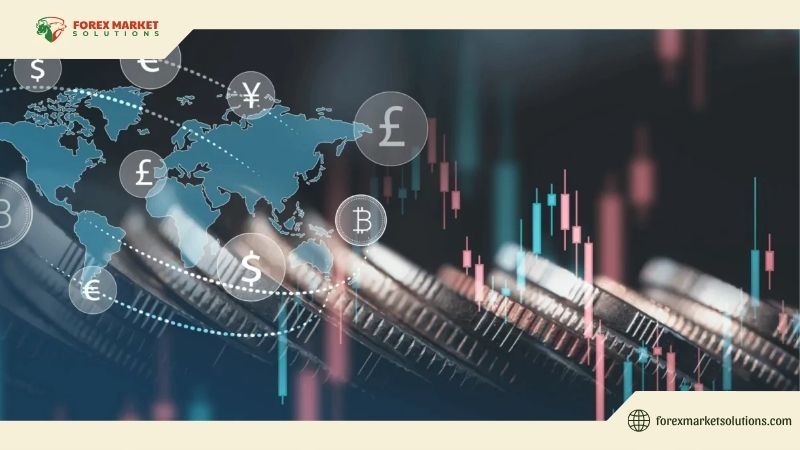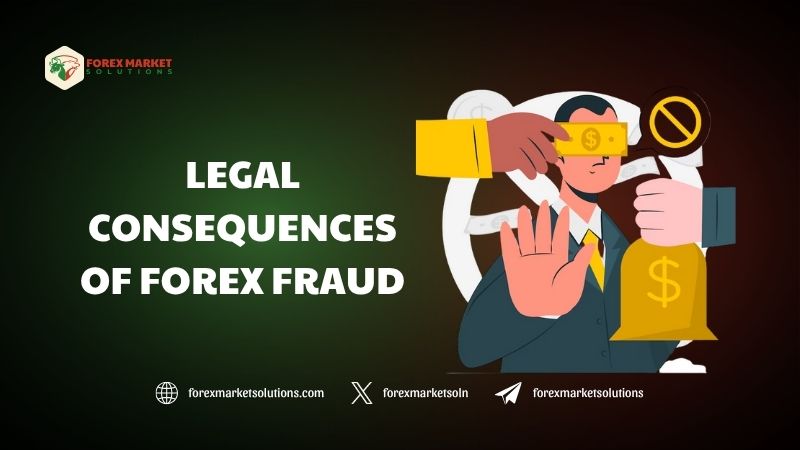The Forex market, with its vast daily trading volume and global reach, attracts millions of traders seeking profit opportunities. However, this lucrative arena also draws fraudulent actors who exploit unsuspecting investors, leading to significant financial losses. Understanding the legal consequences of Forex fraud is crucial for traders to protect themselves and seek justice when victimized. Forex fraud can result in severe penalties, including fines, imprisonment, and regulatory bans, depending on the jurisdiction and the nature of the scam. This article explores the legal ramifications of Forex fraud, how it’s prosecuted, and steps traders can take to avoid falling prey to such schemes.

Defining Forex Fraud and Its Forms
To grasp the legal consequences of Forex fraud, it’s essential to first define what constitutes fraudulent activity in this market. Forex fraud involves deceptive practices designed to mislead traders or investors for financial gain. Common forms include Ponzi schemes, where brokers promise high returns but use new investors’ funds to pay earlier ones, creating an illusion of profitability.
Another prevalent scam is signal-seller fraud, where individuals or companies sell trading signals that are either ineffective or fabricated, leading to consistent losses. Broker fraud, such as price manipulation, unauthorized withdrawals, or refusal to honor withdrawals, is also widespread. These deceptive practices not only harm traders but also trigger significant legal consequences of Forex fraud for the perpetrators.
Regulatory Frameworks Governing Forex Fraud
The legal consequences of Forex fraud are enforced through robust regulatory frameworks in various jurisdictions. In the United States, the Commodity Futures Trading Commission (CFTC) and the National Futures Association (NFA) oversee Forex markets, ensuring brokers adhere to strict guidelines. Violations, such as operating without registration or engaging in fraudulent schemes, lead to severe penalties.
In the European Union, the Markets in Financial Instruments Directive (MiFID II) and regulators like the Financial Conduct Authority (FCA) in the UK set standards for Forex brokers, mandating transparency and client fund protection. Countries like Australia, under the Australian Securities and Investments Commission (ASIC), also impose stringent rules. These frameworks ensure that the legal consequences of Forex fraud are applied consistently to deter misconduct and protect traders.
Penalties for Forex Fraud Perpetrators
The legal consequences of Forex fraud for perpetrators can be severe, reflecting the seriousness of financial crimes. In the U.S., the CFTC can impose fines reaching millions of dollars, depending on the scale of the fraud. For example, a broker running a Ponzi scheme might face penalties exceeding $10 million, alongside restitution orders to compensate victims.
Criminal charges often accompany civil penalties, with fraudsters facing imprisonment for up to 10 years or more for serious offenses. Regulatory bans prevent offenders from working in financial markets, effectively ending their careers. In the EU, the FCA can issue fines, revoke licenses, and pursue jail terms under criminal law. These penalties highlight the heavy legal consequences of Forex fraud, serving as a deterrent to potential wrongdoers.
High-Profile Forex Fraud Cases
Examining real-world cases helps illustrate the legal consequences of Forex fraud. In 2018, the CFTC charged a U.S.-based Forex firm with a $75 million Ponzi scheme, where the company misrepresented profits and misappropriated client funds. The perpetrators were fined $33 million, ordered to pay restitution, and faced prison sentences of up to 7 years.
In the UK, the FCA prosecuted a Forex broker in 2020 for manipulating trades and withholding client withdrawals, resulting in a £4 million fine and a 5-year prison term for the company’s director. These cases demonstrate how regulators enforce the legal consequences of Forex fraud, ensuring accountability and protecting market integrity.

Legal Recourse for Victims of Forex Fraud
Victims of Forex fraud can seek justice, a key aspect of the legal consequences of Forex fraud. Start by reporting the fraud to the relevant regulator, such as the CFTC, FCA, or ASIC, depending on the broker’s jurisdiction. Regulators often have mechanisms to investigate and freeze fraudulent accounts, potentially recovering funds.
Legal action through civil lawsuits is another option, allowing victims to sue for damages. Hiring a lawyer specializing in financial fraud can strengthen your case, though legal fees should be weighed against potential recovery. Some jurisdictions offer compensation schemes, like the UK’s Financial Services Compensation Scheme (FSCS), which covers up to £85,000 for FCA-regulated brokers. These avenues ensure that the legal consequences of Forex fraud extend to restitution for victims.
How Forex Fraud Impacts Traders
The fallout from Forex fraud goes beyond financial loss, underscoring the importance of understanding the legal consequences of Forex fraud. Victims often lose significant capital, sometimes their entire savings, leading to emotional distress and distrust in financial markets. For example, a trader might lose $50,000 to a fraudulent broker, derailing their financial goals.
Fraud also damages the Forex market’s reputation, making legitimate brokers work harder to gain trust. Traders may face delays in recovering funds, even with legal action, as fraud cases can take years to resolve. Awareness of these impacts emphasizes why the legal consequences of Forex fraud are critical for maintaining market integrity and protecting participants.
Red Flags to Identify Forex Fraud
Avoiding fraud is the best defense, and recognizing red flags can prevent the need to deal with the legal consequences of Forex fraud. Be wary of brokers promising guaranteed returns, as Forex trading inherently involves risk. Unrealistic claims, such as doubling your investment in a month, are a common tactic used by scammers.
Unregulated brokers operating in offshore jurisdictions with lax oversight should raise suspicion. Pressure to deposit large sums quickly or lack of transparency about fees and operations are also warning signs. By identifying these risks early, traders can avoid scams and the subsequent legal consequences of Forex fraud.
Steps to Protect Yourself from Forex Fraud
Proactive measures can shield traders from fraud, minimizing exposure to the legal consequences of Forex fraud. Always verify a broker’s regulatory status with authorities like the FCA, CFTC, or ASIC before depositing funds. Choose brokers with a strong reputation, backed by positive reviews and years of operation.
Use secure payment methods and avoid sharing sensitive information, such as bank details, with unverified entities. Keep records of all transactions, communications, and agreements with your broker, as this documentation can be crucial in legal disputes. These steps ensure you trade safely, reducing the risk of facing the legal consequences of Forex fraud.

The Role of Education in Preventing Forex Fraud
Education is a powerful tool for avoiding the legal consequences of Forex fraud. Learn the basics of Forex trading, including how brokers operate, the role of spreads, and the risks involved. Understanding market dynamics helps you spot unrealistic promises or suspicious behavior from brokers.
Stay informed about common scams through webinars, articles, or trading communities. Regulators often publish alerts about fraudulent entities, so regularly check their websites for updates. An educated trader is less likely to fall victim to fraud, thereby avoiding the need to navigate the legal consequences of Forex fraud.
Working with Regulated Brokers
Trading with regulated brokers is a cornerstone of avoiding the legal consequences of Forex fraud. Regulated brokers must adhere to strict standards, such as segregating client funds, ensuring your money is safe even if the broker faces insolvency. They are also subject to regular audits and must provide transparent pricing and risk disclosures.
Check a broker’s license on the regulator’s official website and confirm their compliance history. For example, an FCA-regulated broker offers protections like negative balance protection and access to compensation schemes. Prioritizing regulated brokers minimizes fraud risks and the associated legal consequences of Forex fraud.
Reporting Forex Fraud Effectively
If you suspect fraud, reporting it promptly can mitigate losses and trigger the legal consequences of Forex fraud for perpetrators. Contact your broker first to resolve the issue, documenting all interactions. If unresolved, escalate the matter to the regulator overseeing the broker, providing evidence like transaction records or screenshots of misleading claims.
In some cases, reporting to law enforcement, such as the FBI’s Internet Crime Complaint Center (IC3) in the U.S., can lead to criminal investigations. Collaborate with other victims if possible, as collective action strengthens cases. Effective reporting ensures that the legal consequences of Forex fraud are enforced, protecting the broader trading community.

Stay Safe and Trade Smart
Forex fraud poses significant risks, but understanding the legal consequences of Forex fraud empowers traders to protect themselves and seek justice. From hefty fines and imprisonment for perpetrators to legal recourse for victims, the consequences are far-reaching, emphasizing the need for vigilance. By choosing regulated brokers, staying educated, and recognizing red flags, you can trade with confidence and avoid scams.
For more insights on safe Forex trading, expert strategies, and market updates, visit Forex Market Solutions. Follow our website today to safeguard your investments and navigate the legal consequences of Forex fraud with knowledge and preparedness!
